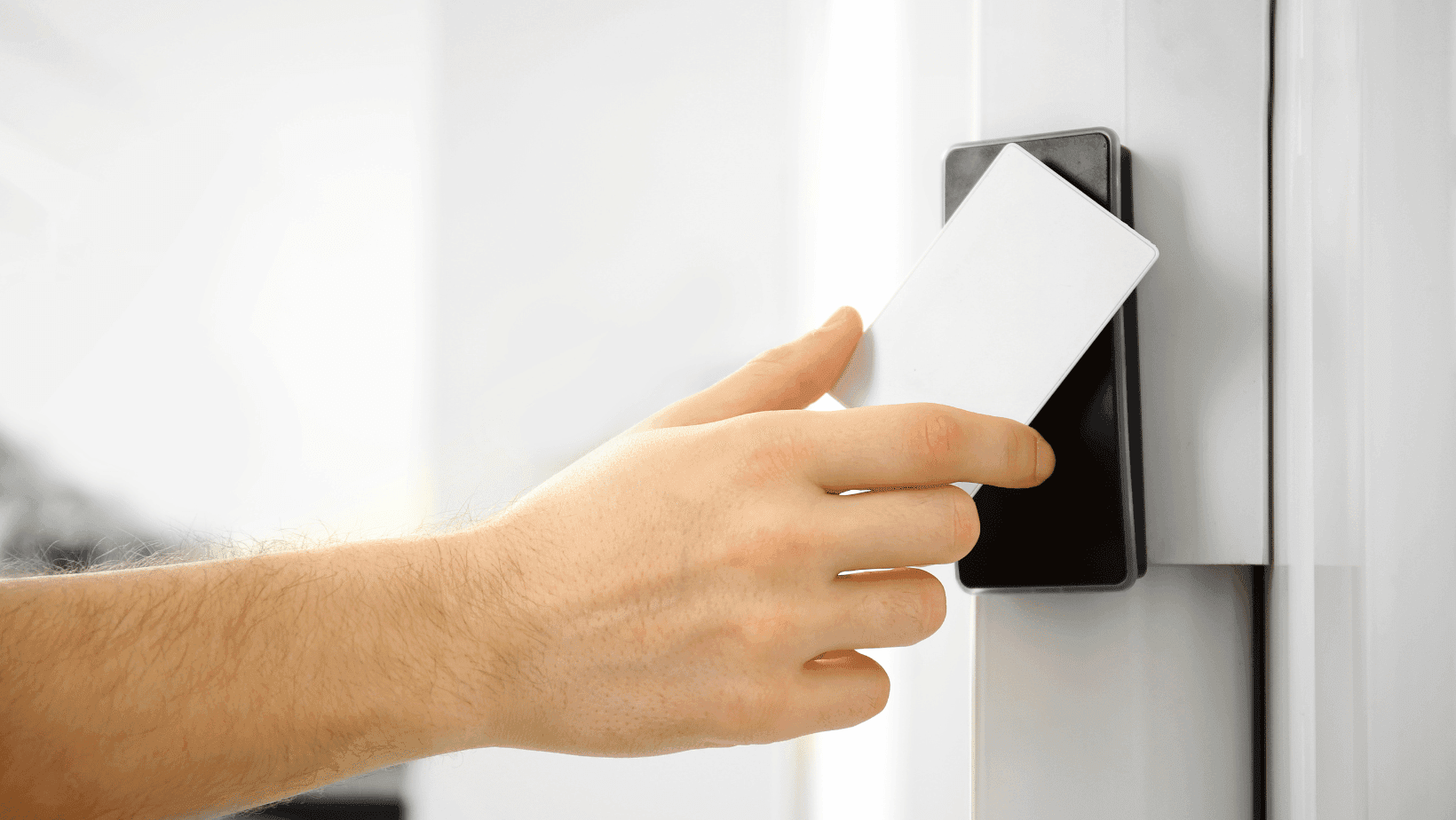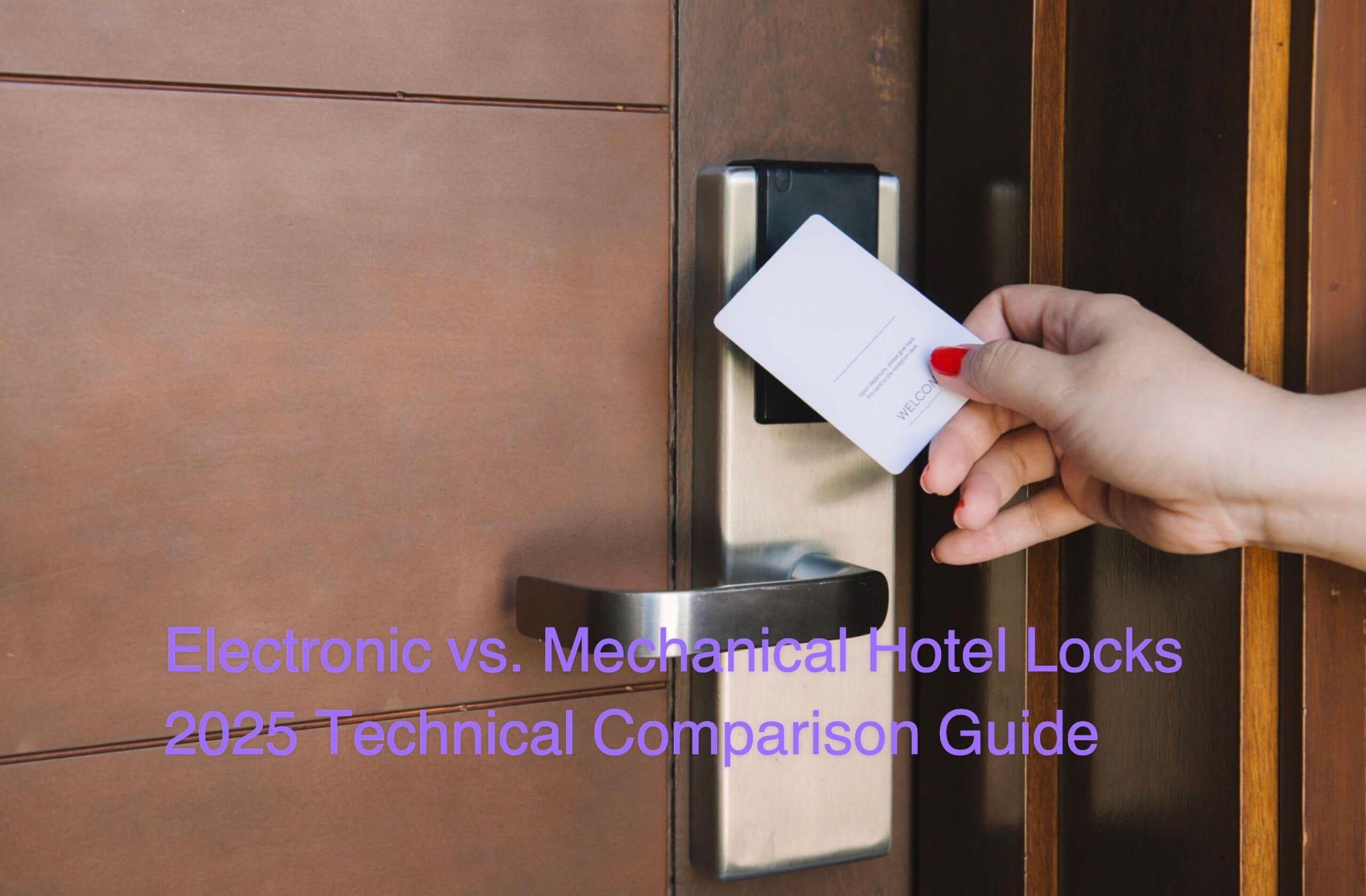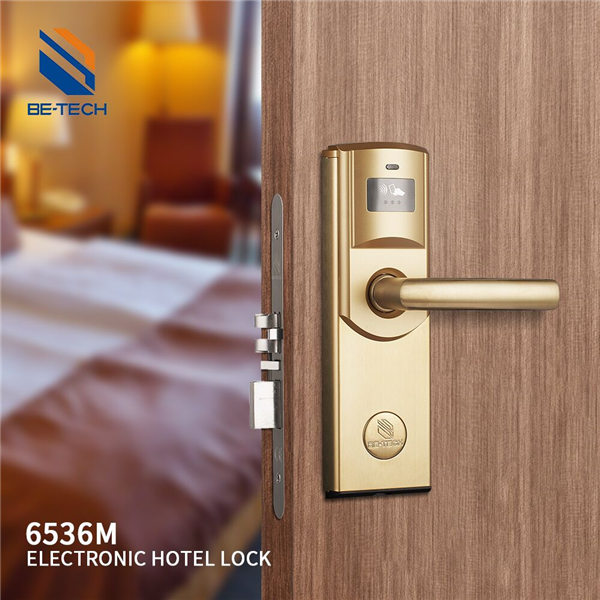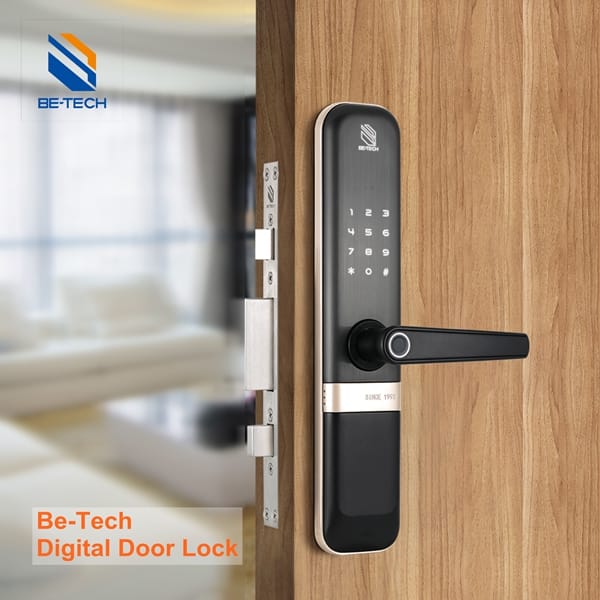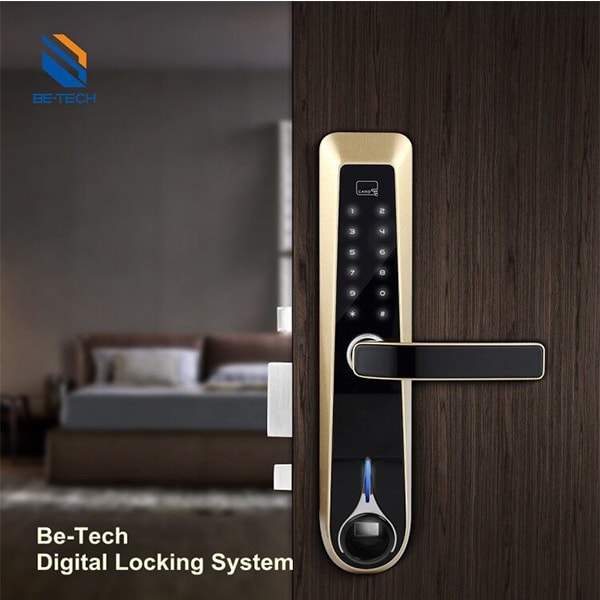In an age where technology permeates every aspect of our lives, the way we secure our homes and businesses has evolved significantly. Gone are the days of fumbling with traditional keys; electronic keys have emerged as a modern solution, offering enhanced security, convenience, and flexibility. This article delves into the world of electronic keys, exploring their benefits, types, and how they can revolutionize access control in both residential and commercial settings.
The Evolution of Door Security
Traditional Key Systems
For decades, traditional metal keys have served as the primary means of securing doors. However, they come with inherent drawbacks:
- Lost Keys: Guests and residents often misplace keys, leading to security concerns and the need for expensive re-keying.
- Unauthorized Duplication: Physical keys can be easily duplicated, posing a significant risk to security.
- Difficult Access Management: Managing who has access to which areas can be cumbersome and inefficient.
The Rise of Electronic Key Systems
Modern electronic key systems address these challenges by utilizing advanced technology. These systems offer a more sophisticated solution, allowing for quick deactivation of lost keys and streamlined access management.
| Feature | Traditional Key Systems | Electronic Key Systems |
|---|---|---|
| Security | Moderate | High |
| Access Management | Difficult | Easy |
| Guest Convenience | Low | High |
| Cost Over Time | High (replacements) | Low (long-term savings) |
Benefits of Electronic Key Systems
Enhanced Security Features
One of the most compelling advantages of electronic key systems is their heightened security. These systems often include features such as:
- Real-Time Monitoring: Track access attempts and manage permissions through a centralized system.
- Time-Bound Access: Grant temporary access to staff or guests, ensuring security during specific time frames.
- Audit Trails: Maintain records of all access attempts, providing accountability and transparency.
According to a study by the American Hotel and Lodging Educational Institute, hotels utilizing electronic locks reported a 30% reduction in theft-related incidents.
Convenience for Guests
Electronic key systems enhance convenience for users. Guests can enjoy:
- Mobile Access: With mobile key technology, guests can use their smartphones to unlock doors, eliminating the need for physical keys.
- Seamless Check-In: Guests can bypass the front desk, allowing for a quicker and more efficient arrival experience.
Be-Tech Lock’s mobile key solutions exemplify this convenience, enabling guests to access their rooms directly from their smartphones.
Cost-Effectiveness
While the initial investment in electronic locking systems may be higher than traditional locks, the long-term savings can be substantial. Electronic systems typically result in:
- Lower Replacement Costs: Lost keys can be deactivated and replaced without the need for costly re-keying.
- Reduced Insurance Premiums: Enhanced security measures can lead to lower insurance rates, as reported by the Hospitality Technology Association, which found that hotels using electronic key systems save an average of 15% on insurance costs annually.
Types of Electronic Key Systems
Key Cards
Key cards are the most common form of electronic keys. They are easy to program and can be reissued quickly. Key cards typically utilize RFID technology, allowing for secure access.
Mobile Keys
Mobile keys allow guests to unlock their doors using their smartphones. This technology not only enhances convenience but also integrates seamlessly with hotel management systems, as seen with Be-Tech Lock’s offerings.
Biometric Systems
For those seeking the highest level of security, biometric locks that use fingerprint or facial recognition technology are available. These systems ensure that only authorized individuals can access specific areas.
How Electronic Key Systems Work
Electronic locks function through a combination of hardware and software that communicates wirelessly with key cards or mobile devices. When a guest approaches their room, they simply present their key card or smartphone to the lock, which reads the signal and grants access.
Components of Electronic Key Systems
- Lock Hardware: The physical locking mechanism that secures the door.
- Access Control Software: A centralized system that manages permissions and tracks access attempts.
- Key Cards or Mobile Devices: The means by which guests authenticate their access.
Implementation of Electronic Key Systems
Steps for Successful Implementation
Implementing an electronic key system involves several key steps:
- Assessment of Needs: Evaluate the specific security requirements and guest preferences of your property.
- Vendor Research: Research reputable suppliers, such as Be-Tech Lock, known for their reliable and innovative products.
- Installation: Professional installation is crucial to ensure that the system operates correctly and securely.
- Testing and Troubleshooting: Conduct thorough testing to identify and resolve any issues before going live.
Staff Training
Training staff on the use of electronic key systems enhances overall security and guest satisfaction. Key areas to focus on include:
- Understanding the System: Staff should be familiar with how the electronic key system works and how to troubleshoot common issues.
- Guest Interaction: Training should include how to assist guests with mobile keys and address any concerns they may have.
Security Considerations
While electronic keys offer numerous advantages, it is essential for property managers to remain vigilant about security. Regular audits and updates to the locking systems are vital to maintaining high security standards. Additionally, properties should educate guests about the importance of safeguarding their mobile devices and key cards.
Best Practices for Security Management
- Regular Software Updates: Ensure that the access control software is updated regularly to protect against vulnerabilities.
- Audit Trails: Review access logs periodically to identify any suspicious activity.
- Guest Education: Inform guests about the importance of keeping their mobile devices secure and reporting lost keys immediately.
Future Trends in Electronic Key Systems
The future of electronic key systems is bright, with ongoing innovations that promise to enhance security and convenience. Emerging trends include:
- AI-Driven Security: Artificial intelligence is being integrated into locking systems to predict and prevent unauthorized access.
- IoT Integration: The Internet of Things (IoT) will enable smarter environments where locks can communicate with other devices for enhanced security.
- Sustainability Initiatives: Modern locking systems are increasingly designed with energy efficiency in mind, aligning with the hospitality industry’s sustainability goals.
Be-Tech Lock Innovations
Product Overview
Be-Tech Lock is at the forefront of electronic locking solutions, providing a range of products designed to enhance security and guest experience. Their offerings include:
- RFID Door Locks: These locks provide secure access through key cards or mobile devices, ensuring that only authorized individuals can enter.
- Smart Locks: Be-Tech’s smart locks integrate with hotel management systems, allowing for seamless access control and monitoring.
- Biometric Systems: For high-level security, Be-Tech offers biometric locks that utilize fingerprint recognition technology.
Key Features and Benefits
Be-Tech Lock products come equipped with several advanced features:
- Panic Release Function: This feature allows for the automatic retraction of the deadbolt and latch by the inside handle, ensuring easy exit in emergency situations.
- Future-Proof Technology: Be-Tech’s locks are designed with e-programmable FLASH RAM lock memory, ensuring they remain relevant as technology evolves.
- Customizable Designs: The locks can be tailored to match the property’s aesthetic, enhancing the overall guest experience.
Recommended Products
- Guardian Value RFID Electronic Hotel Lock: This superior locking solution pairs RFID security with ease of use, making it perfect for hotels focused on both guest safety and satisfaction.
- Be-Tech Smart Deadbolt: This smart lock offers advanced security features and seamless integration with smart home systems.
- Fingerprint and RFID Card Digital Door Lock: This lock combines multiple authentication methods for enhanced security.
Conclusion
Electronic keys are revolutionizing the way we access our homes and businesses, offering unparalleled convenience, flexibility, and security. By replacing traditional keys with electronic credentials, electronic locks eliminate the risk of lost or stolen keys and provide a more secure and efficient way to manage access to your property.
As technology continues to advance, electronic locks are becoming increasingly integrated with smart home and business systems, making them an essential component of modern living and working. By investing in electronic key systems, property owners can enhance security, improve guest experience, and ensure their establishments remain competitive in an ever-changing market.
For more insights on electronic key systems and how they can enhance your security, check out 10 Must-Have Hotel Security Technologies for 2024 and 4 Innovative Hotel Door Locks for Unmatched Guest Safety in 2024.


